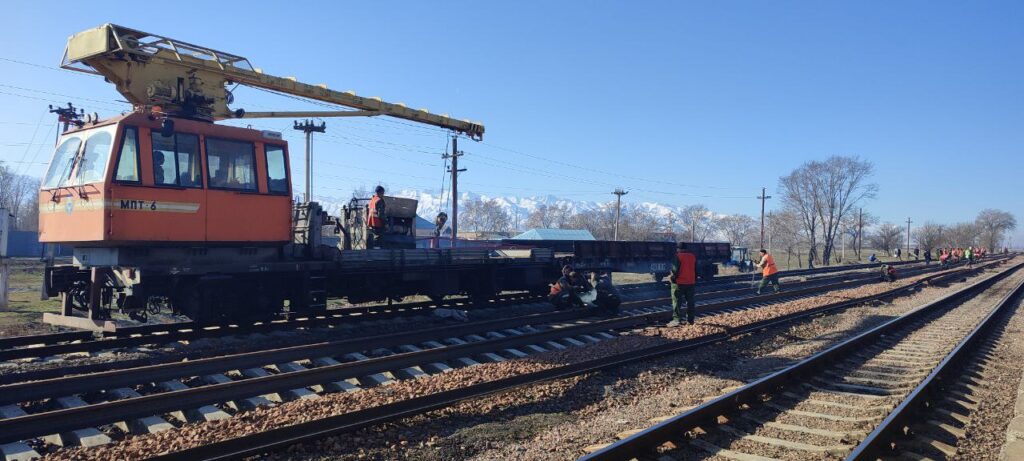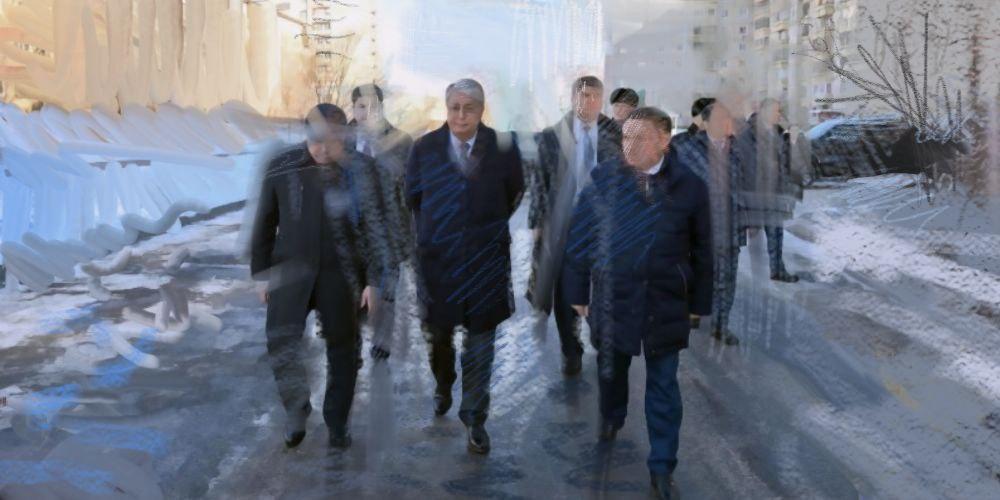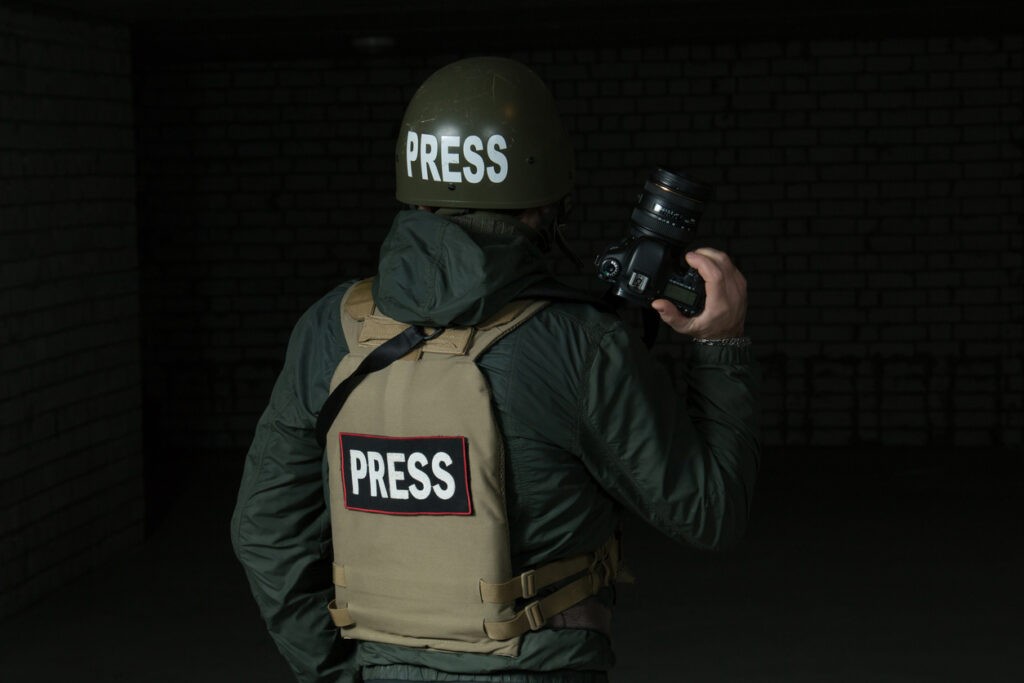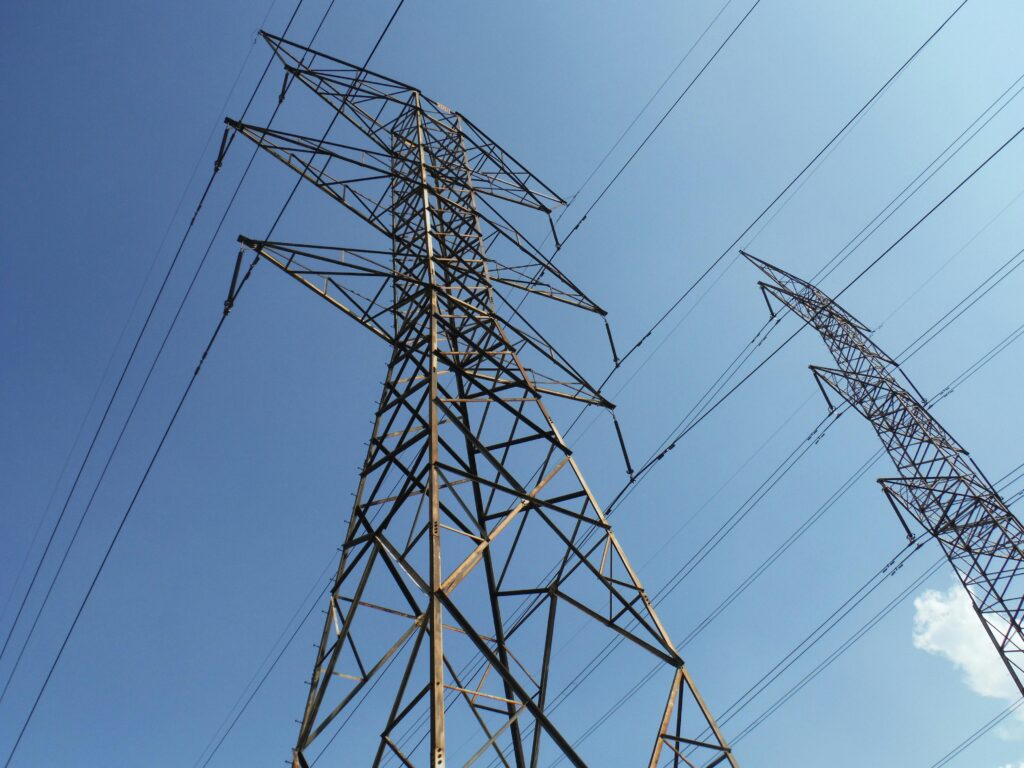Trump 2.0: Security Implications for Central Asia – Diplomats and Analysts Weigh the Risks for Regional Stability
Narxoz University’s Eurasian Institute for Economic and Legal Research and the School of Economics and Management convened distinguished diplomats, military analysts, and academics from the Conference on Interaction and Confidence Building Measures in Asia (CICA), The National Institute for Defense Studies (Japan), George Mason University (US), and Maqsut Narikbayev University (Kazakhstan) to analyze the geopolitical and security implications of a second Donald Trump presidency in Central Asia. Professor Ikboljon Qoraboyev, Director of the Center for Global and Regional Governance at Maqsut Narikbayev University, argued that Trump’s pragmatism will drive him to exploit every available opportunity to advance the financial and political interests of himself, his loyal corporate allies, and the United States. This approach, characterized by a “nothing-personal-just-business” mindset, makes his actions inherently unpredictable, keeping both allies and rivals on edge. Trump thrives on calculated ambiguity, using surprise as a strategic tool to gain the upper hand in negotiations and exert maximum pressure on his counterparts. [caption id="attachment_28674" align="aligncenter" width="936"] Image: Daniyar Kosnazarov[/caption] Professor Erzhan Issabayev, Deputy Director of the Eurasian Institute for Economic and Legal Research at Narxoz University, agreed that this unpredictability could shape a second Trump presidency, particularly in terms of global power dynamics. In Central Asia, where political stability and a carefully maintained multi-vector foreign policy are crucial, Trump’s erratic decision-making presents a significant challenge for regional leaders. Professor Issabayev suggested that if Trump escalates efforts to counter China globally or if negotiations to end the war in Ukraine falter, Central Asia could become an unintended yet significant geopolitical battleground. Building on this perspective, Olzhas Zhorayev, a World Bank Group Consultant and Doctoral Researcher at the Schar School of Policy and Government at George Mason University, examined the potential consequences of deepening U.S.-Russia and U.S.-China confrontations. According to Zhorayev, heightened tensions could push Central Asia further into Moscow’s and Beijing’s political and economic orbit, restricting the region’s strategic flexibility. However, Zhorayev also presented another possibility; if Russia and Ukraine reach a peace agreement, the Kremlin may redirect its focus and resources toward Central Asia, increasing its influence and reshaping the regional balance of power. Expanding on this idea, Marek Jochec, Associate Professor of Finance at Narxoz University, explored the varying perceptions of major global powers in Central Asia. Jochec noted that attitudes toward China and Russia are shaped by a combination of historical experiences, economic ties, and political considerations. While Chinese investment is often viewed as a driver of infrastructure and economic growth, concerns over dependency and influence persist. Russian engagement, deeply rooted in historical and cultural connections, continues to play a significant role, though perceptions vary across different countries. These contrasting views add layers of complexity to the region’s geopolitical positioning, making strategic decision-making increasingly delicate. Ultimately, the expert discussion at Narxoz University highlighted that Trump’s leadership — whether defined by unpredictability, pragmatism, or strategic maneuvering — will have a significant impact on Central Asia. As the region faces shifting geopolitical pressures, governments will need to adapt quickly, reassessing their alliances and economic strategies to...





